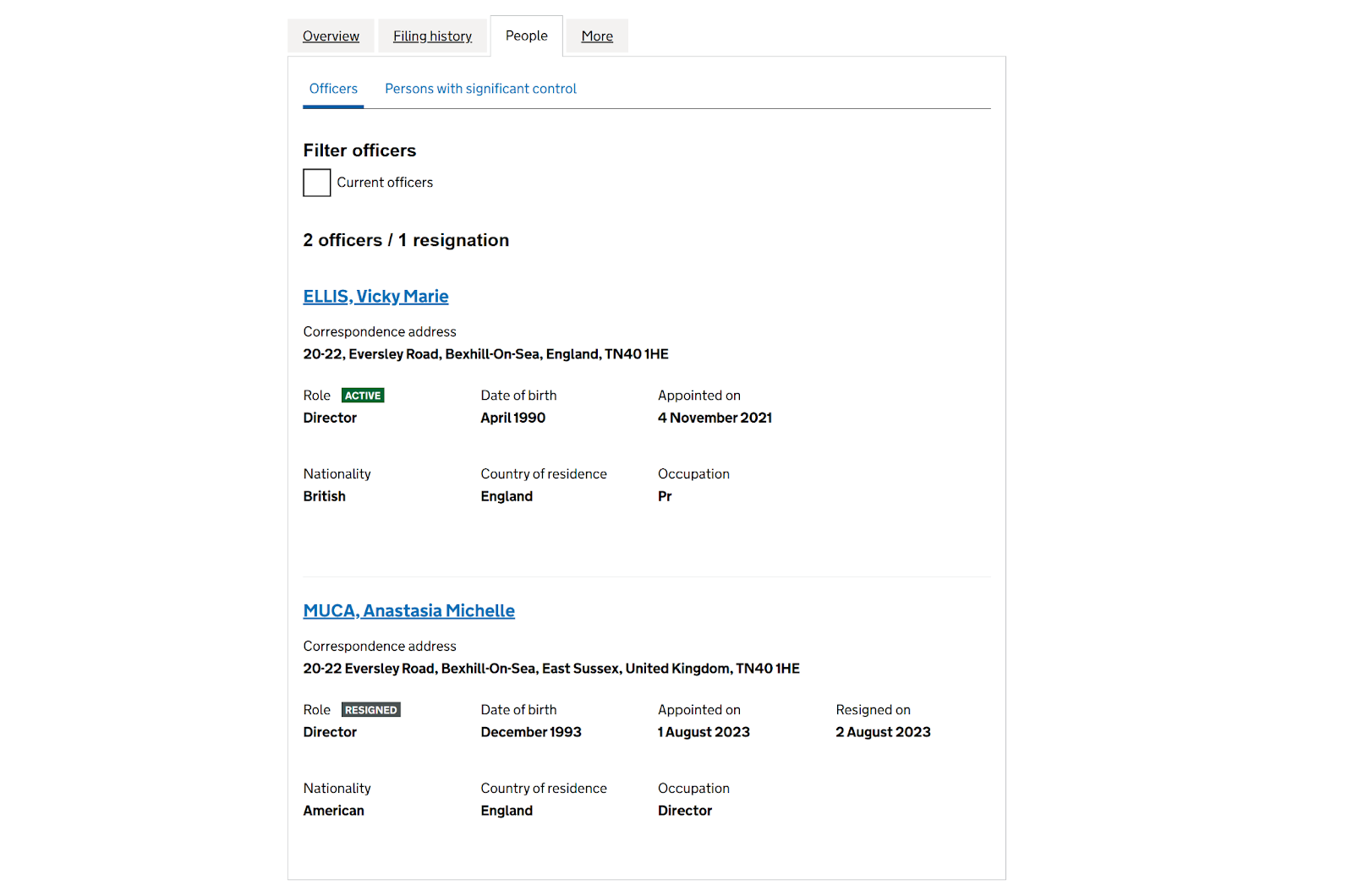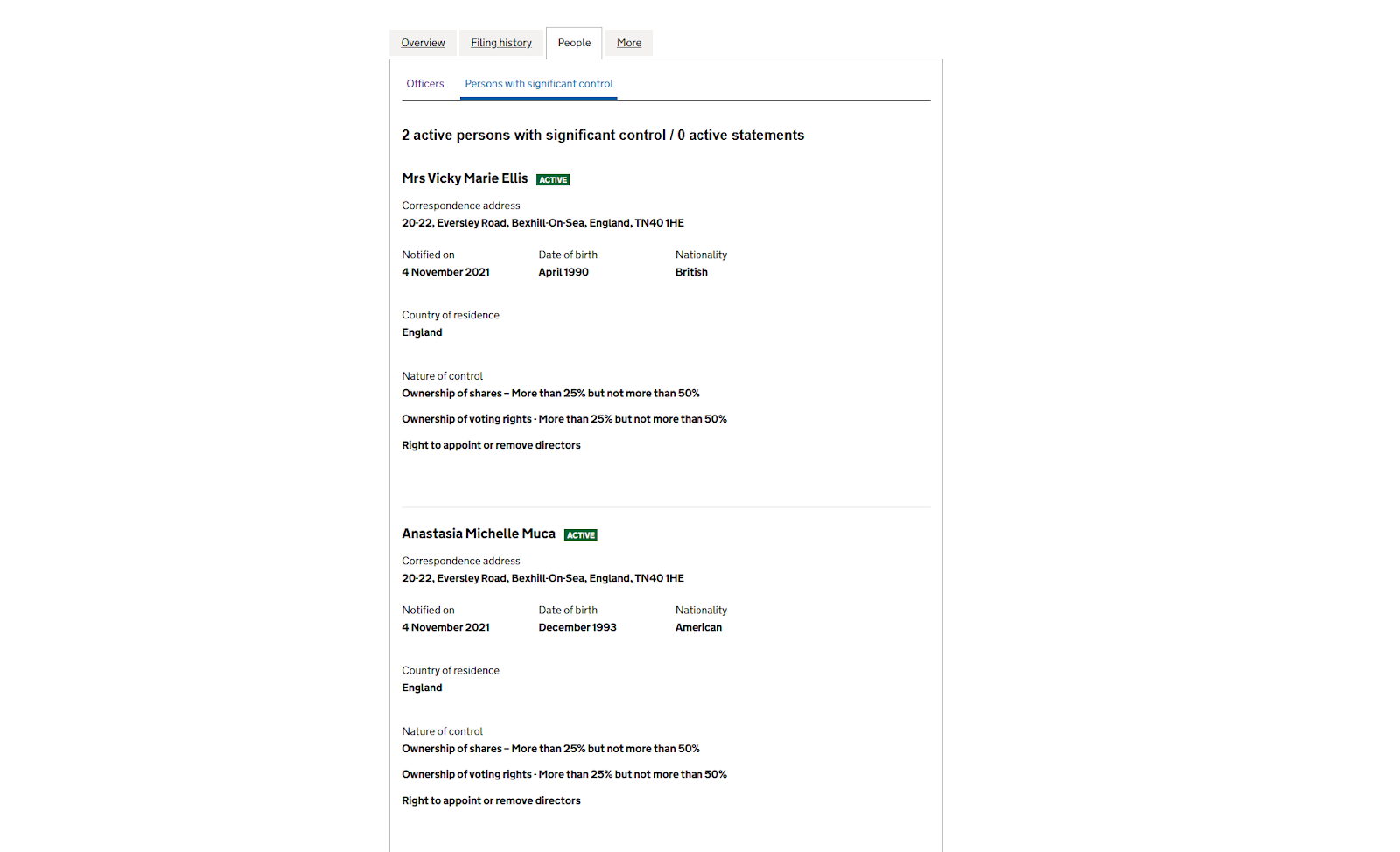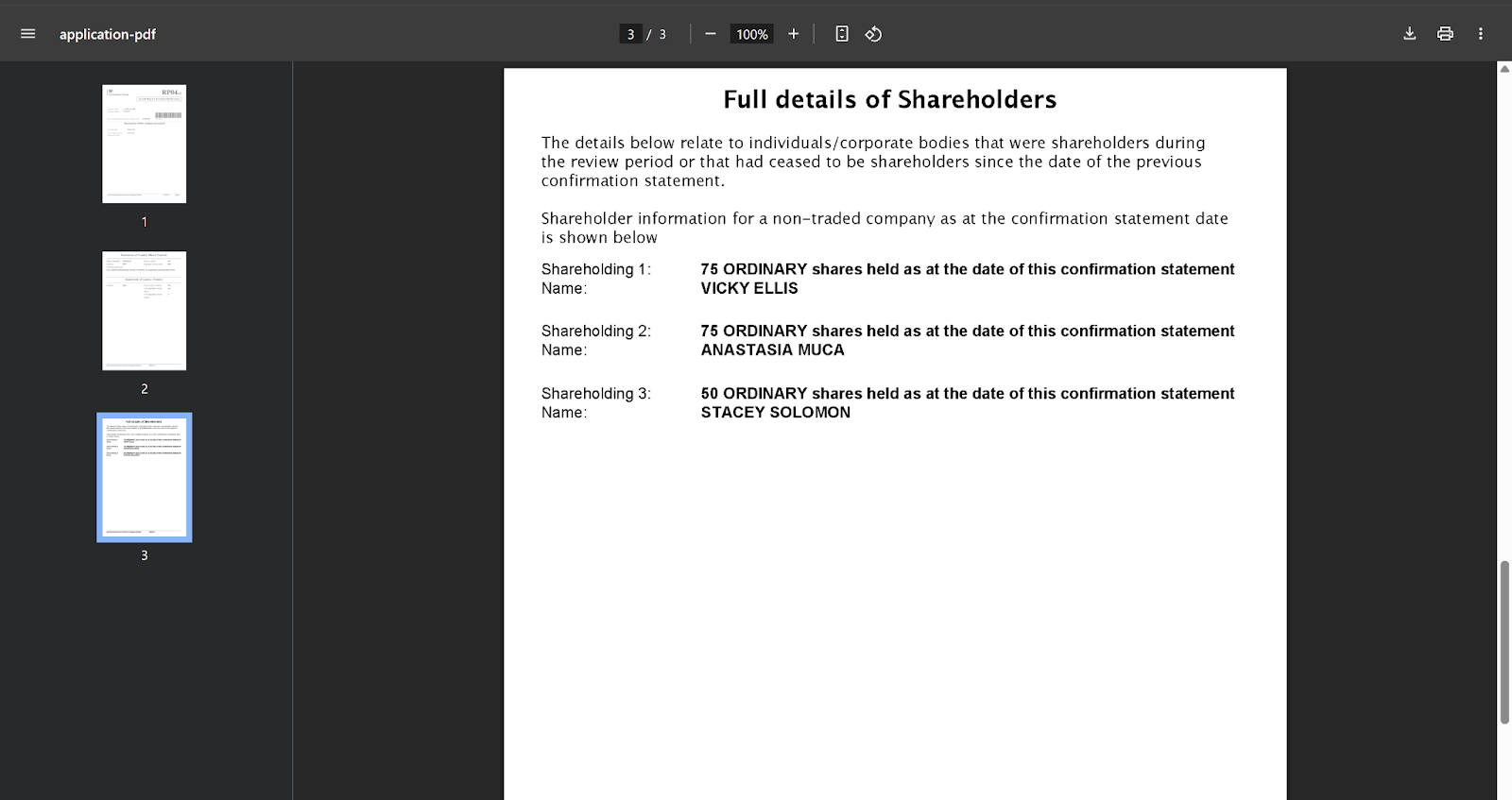When you're investigating a business in the UK, or an individual connected to a business, whether it's for due diligence, fraud detection, or asset tracing, business registrations and filings often provide the best starting point. These records help you discover not just what someone owns or controls, but how they operate, who they’re connected to, and where they might be hiding assets.
This guide explores how to investigate both individuals and businesses using public UK business data, and how to go beyond the basics to surface hidden shareholders, undeclared business activity, and sole trader operations.
What Business Records Can Reveal
Business records allow you to:
- Link people to companies they run or benefit from
- Spot financial interests through directorships and shareholdings
- Detect hidden partnerships, serial liquidations, or suspicious dissolutions
- Identify addresses tied to business activity
- Surface lesser-known side projects, trading names, and networks
The main records used in investigations include:
- Companies House: UK registry of companies, directors, and filings
- Officers: Directors and Secretaries of a registered business
- Persons of Significant Control (PSC): Individuals with >25% shares or voting rights
- Confirmation Statements: Often list all shareholders, including those with smaller holdings
- ICO Register: Identifies sole traders or businesses registered to handle personal data
Case Study: Capello Ltd
Take Capello Ltd as an example. On Companies House, the company lists two directors:

These two individuals are also the only two listed as Persons of Significant Control (PSC), meaning they are someone with more than 25% of shares in the business.

But when you download the most recent confirmation statement, you’ll see a third name: a minority shareholder who isn’t shown on the standard officer or PSC pages.

This individual:
- Doesn’t appear in the Companies House API
- Isn’t searchable using most commercial tools
- Can only be found by manually reviewing the statement, or using tools that extract this data automatically
This kind of minority shareholder could be a silent investor, family member, or someone with financial leverage, and knowing they exist can shift the direction of an investigation.
ICO Register: Sole Traders and Data Controllers
The ICO Register (Information Commissioner's Office) is often overlooked but offers unique value, especially for investigating sole traders or small operations.
While Ltd companies usually appear under their business name, sole traders are often listed by personal name, along with:
- Trading name
- Description of their services
- Home or operating address (sometimes residential)
- Date of registration
This can help you:
- Confirm whether someone is running a business from home
- Validate undeclared business activity
- Spot red flags
In the case of Capello Ltd, the ICO Register doesn’t list a matching entry, possibly indicating they haven’t yet registered as a data controller or are operating through another name.

Limitations and Red Flags to Watch
Business records are powerful but there are some key considerations to keep in mind when searching for them during an investigation:
|
Limitation
|
Impact
|
|
No address search on Companies House
|
You can’t find all companies registered to a single property
|
|
Service addresses used for privacy
|
Makes it harder to confirm residential ownership
|
|
Minority shareholders hidden
|
Unless you read confirmation statements or use extracted data
|
|
Spelling and name variation issues
|
Middle names and inconsistent formatting may block matches
|
|
Not all businesses are registered with ICO
|
Even if they should be, a gap worth noting
|
Where to Search
|
Source
|
Purpose
|
|
Companies House
|
Official company data: directors, PSCs, filings
|
|
ICO Register
|
Data controller records (especially for sole traders)
|
|
London Gazette
|
Disqualifications, insolvency notices, liquidations
|
|
Cradle (by Public Insights)
|
Name-based company lookups, minority shareholder detection
|
|
Canvas (by Public Insights)
|
Network visualisation of business links across filings
|
Final Thought
If you’re investigating a subject’s finances, relationships, or business influence, don’t stop at searching the Companies House register for keyword results. Look into confirmation statements, search the ICO Register, and map connections across filings. These records won’t just show you the surface, they’ll help you uncover the patterns behind it.
Explore how Public Insights can support your OSINT investigations with a trial at cradle.publicinsights.uk.